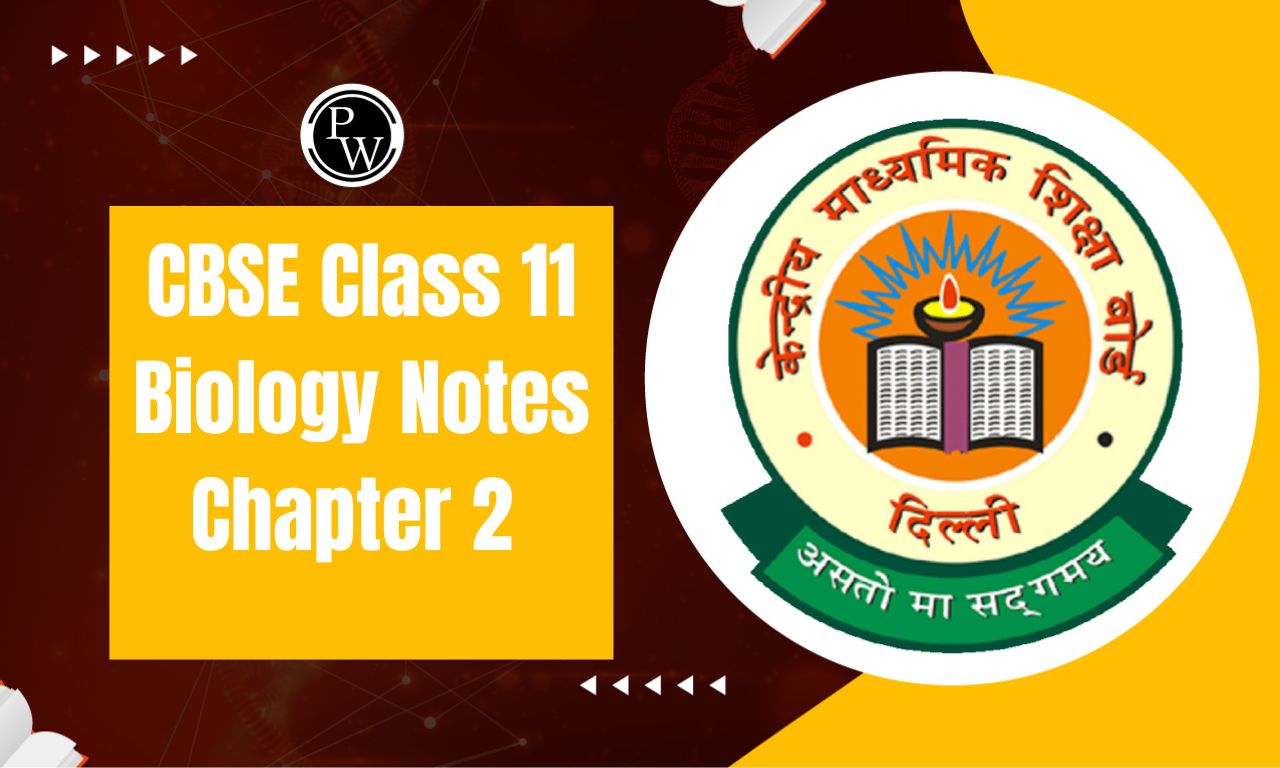

Important Questions for Class 11 History Chapter 5: The important questions from Chapter 5, Nomadic Empires are highly beneficial for Class 11 students in their exams. These questions focus on key topics such as the rise of Genghis Khan, the unification of Mongol tribes, their military strategies, and the socio-political structure of the Mongol Empire.
Questions about the impact of Mongol rule on trade, communication, and cultural exchanges are crucial for understanding their global influence. By preparing these questions, students can strengthen their grasp of essential concepts, enhance their analytical skills, and perform better in their history exams.Important Questions for Class 11 History Chapter 5 Overview
Chapter 5, Nomadic Empires, in Class 11 History explores the formation, expansion, and significance of nomadic empires, particularly focusing on the Mongols under Genghis Khan. It highlights their unique lifestyle, marked by mobility, resourcefulness, and dependence on pastoralism. The chapter explores their political organization, military strategies, and administration, showing how they built one of the largest empires in history. It also emphasizes the cultural and economic exchanges facilitated by the Mongols, showcasing their impact on intercontinental connections during the medieval period.Important Questions for Class 11 History Chapter 5 PDF
The PDF link is available below for students to access important questions for Class 11 History Chapter 5, Nomadic Empires. These questions cover key concepts and topics from the chapter, providing students with a comprehensive overview of the subject matter. By practicing these questions students can improve their grasp on the material, boost their confidence, and enhance their problem-solving skills for the upcoming exams. Download the PDF now and begin your preparation with these essential questions to succeed in your exams.Important Questions for Class 11 History Chapter 5 PDF
Important Questions for Class 11 History Chapter 5 Nomadic Empires
Here are the important questions beneficial for Class 11 students in exams for History Chapter 5-Question 1: What do you understand by the term 'Yasa'? Explain.
Answer: The term 'Yasa' refers to a code of laws established by Genghis Khan. It was proclaimed during the Quriltan of 1206. The word 'Yasa' means law, decree, or order. It covered various aspects, including the organization of the army, the postal system, and hunting regulations. The law, based on the Mongol tribes' customs, was later identified as the legal code of Genghis Khan. The Mongols viewed this code as a powerful tool, similar to that of legendary lawgivers, asserting their authority over their subjects.Question 2: Why is Genghis Khan known both as a conqueror and a brutal murderer despite being a great leader?
Answer: Genghis Khan's image is a mix of admiration and fear due to his ruthless campaigns. While he is celebrated as a unifier of scattered tribes and a builder of a vast empire, his massacres in cities like Nishapur, Herat, and Baghdad overshadowed his accomplishments. These brutal acts created a fearsome reputation, causing his positive qualities to be overshadowed by the destruction he caused. His image, thus, carries both admiration for his leadership and fear for his brutality.Question 3: What factors contributed to the creation of such a vast Mongol empire?
Answer: Genghis Khan's charisma and leadership were the driving forces behind the formation of the Mongol Empire. His ability to unite diverse tribal groups and build a strong, disciplined army played a crucial role. The ambition to create an empire and the Mongols' military prowess were key factors. Despite setbacks, such as the failed western campaigns, the empire grew because of the unity and strategic direction provided by Genghis Khan and his descendants.Question 4: Discuss the implication of the term 'barbarian'.
Answer: The term 'barbarian' originates from the Greek word 'Barbaros,' meaning non-Greek. The Greeks associated the term with people whose language sounded unintelligible, like the Germans and Huns. Over time, the term became a stereotype for those perceived as uncivilized, cowardly, and incapable of governing. It was used derogatorily by both the Greeks and Romans to refer to tribes outside their civilized circles.Question 5: What warning did Mongke, the grandson of Genghis Khan, give to the French ruler Louis IX? What did it imply?
Answer: Mongke's warning to Louis IX declared that Genghis Khan's empire would eventually encompass the entire world, under the guidance of the "Eternal Heaven." He emphasized that no matter how distant or powerful a kingdom might seem, it could not withstand the Mongol forces. The warning implied that defying Mongol authority would be futile, and the Mongols would bring peace to the entire world, regardless of opposition.Question 6: How did the political situation change after Genghis Khan's death?
Answer: After Genghis Khan's death, the unity of the empire weakened. His descendants initially shared power, but by the 1260s, internal rivalries, particularly between the Toluyid and Jochid branches, diverted attention from the West to China. This shift marked the end of significant Mongol expansion westward, with rulers focusing more on consolidating power in the east, particularly in China.Question 7: What was the political setup in the Mongol Empire?
Answer: The Mongol political structure was hierarchical and military-focused. Soldiers were organized into units (Turman), and each of Genghis Khan's four sons ruled over separate parts of the empire. Genghis Khan's trusted allies held significant positions in governance. The military operated under strict orders, and the Quriltan (council) decided on critical matters like campaigns, succession, and land distribution.Question 8: Why was there a conflict between pastoralists and peasants?
Answer: Pastoralists and peasants had conflicting interests due to their differing lifestyles. Pastoralists often grazed their herds on lands owned by peasants, leading to tension. Peasants who became traders were sometimes exploited by pastoralists who looted their goods for profit. The Mongol invasions exacerbated these conflicts, as peasants were often targeted during raids, particularly in China.Question 9: Why is Yasa considered an empowering ideology?
Answer: Yasa is seen as empowering because it gave the Mongols a sense of identity and authority. It allowed them to govern urban societies with distinct histories and cultures, while also ensuring the Mongols retained their traditional laws and customs. The code helped unify the Mongol people under Genghis Khan's leadership, granting them confidence to impose their rule on conquered territories.Question 10: Did the meaning of Yasa change over the centuries? Why did Hafiz-i-Tanish reference Genghis Khan in connection with Abdullah Khan?
Answer: Over the centuries, the meaning of Yasa remained largely the same, strengthening over time. Hafiz-i-Tanish referred to Genghis Khan in connection with Abdullah Khan to highlight the enduring legacy of Genghis Khan's rule. Even acts of cruelty, such as extorting wealth from the rich in Bukhara, were remembered as noble deeds, reflecting how Genghis Khan’s legacy was intertwined with later rulers’ actions.Benefits of Solving Important Questions for Class 11 History Chapter 5
Solving important questions for Class 11 History Chapter 5 provide several benefits to students. These benefits help students deepen their understanding of historical concepts and prepare effectively for exams. Here are some key advantages:Enhances Understanding of Key Concepts: Important questions help students grasp critical concepts and events discussed in the chapter, such as the rise of regional states, the political structure of medieval India, and the changes in society and economy during the period.
Improves Retention and Recall: By practicing these questions, students reinforce their knowledge and improve retention, making it easier to recall information during exams.
Boosts Exam Preparation: Regular practice of important questions familiarizes students with the types of questions that may appear in exams, allowing them to better manage time and approach each question effectively.
Helps in Identifying Weak Areas: When solving important questions, students can identify topics or concepts they may be struggling with. This allows them to focus on these areas and improve their understanding.
I ncreases Confidence: By solving a variety of important questions, students gain confidence in their ability to tackle the subject, which reduces exam anxiety and stress.Prepares for Higher-Level Exams: Understanding and answering important questions in Class 11 History prepares students for future academic challenges, including higher studies and competitive exams where historical knowledge is tested.
Improves Time Management: Solving questions within a set time frame helps students develop time management skills, which are crucial for completing exams efficiently.
Gives a Comprehensive Review of the Chapter: Solving important questions ensures a thorough review of all the key points in the chapter, reinforcing the learning from different sections and creating a well-rounded understanding of the topic.
Important Questions for Class 11 History Chapter 5 FAQs
What are Nomadic Empires?
What was the role of Genghis Khan in the formation of the Mongol Empire?
What was the Yasa, and how did it affect the Mongol Empire?
How did the Mongol Empire impact global trade?












